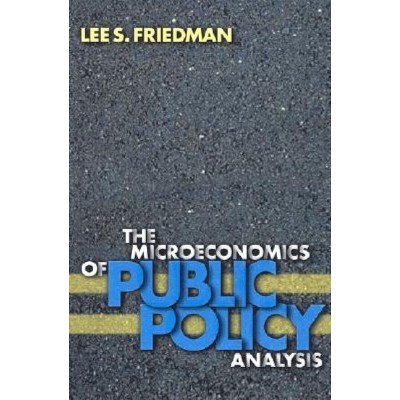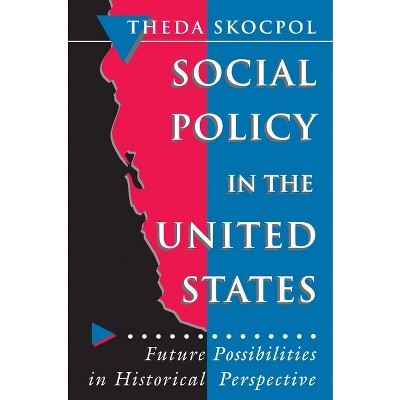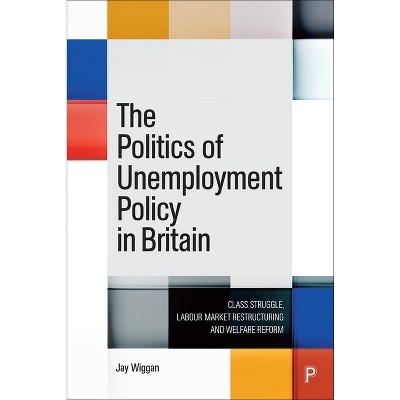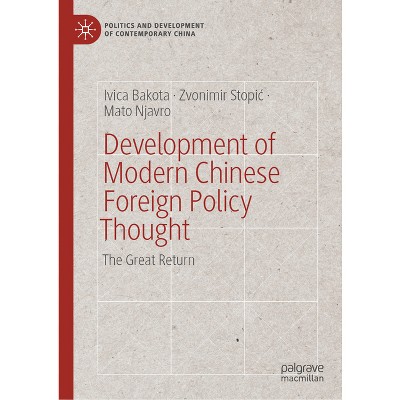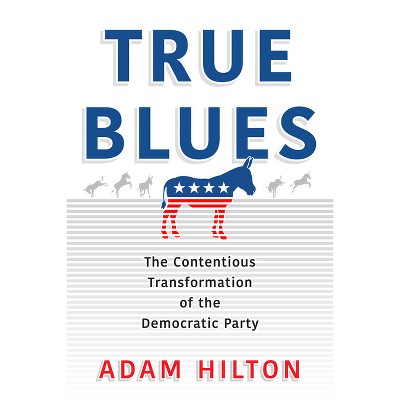Sponsored

The Politics of Policy Analysis - by Paul Cairney (Hardcover)
In Stock
Sponsored
About this item
Highlights
- This book focuses on two key ways to improve the literature surrounding policy analysis.
- About the Author: Paul Cairney is Professor of Politics and Public Policy, University of Stirling, UK.
- 171 Pages
- Political Science, Public Policy
Description
Book Synopsis
This book focuses on two key ways to improve the literature surrounding policy analysis. Firstly, it explores the implications of new developments in policy process research, on the role of psychology in communication and the multi-centric nature of policymaking. This is particularly important since policy analysts engage with policymakers who operate in an environment over which they have limited understanding and even less control. Secondly, it incorporates insights from studies of power, co-production, feminism, and decolonisation, to redraw the boundaries of policy-relevant knowledge. These insights help raise new questions and change expectations about the role and impact of policy analysis.
From the Back Cover
This book generates state-of-the-art advice on how to do policy analysis. It combines a review of policy analysis texts, new developments in psychology and policymaking, and more critical studies of the politics of evidence use. It helps readers reflect on the practices appropriate to a new policy analysis profession. Most 'art and craft' advice on policy analysis already states that it is a political act, not simply a technical and 'evidence based' process. This book goes two steps further. First, it highlights the politics of evidence production and ethical ways to combine many forms of policy-relevant knowledge. Second, it describes the supply of analysis to policymakers who must ignore almost all information, and operate in a policymaking environment over which they have limited knowledge and minimal control. It shows that policy analysis will be of limited value unless analysts incorporate these factors into their advice.
Paul Cairney isProfessor of Politics and Public Policy, University of Stirling, UK.
About the Author
Paul Cairney is Professor of Politics and Public Policy, University of Stirling, UK. His research interests are in comparative public policy, policy analysis, and policy theories, applied to countries including the UK and themes such as the use of evidence in policymaking.Shipping details
Return details
Trending Non-Fiction






